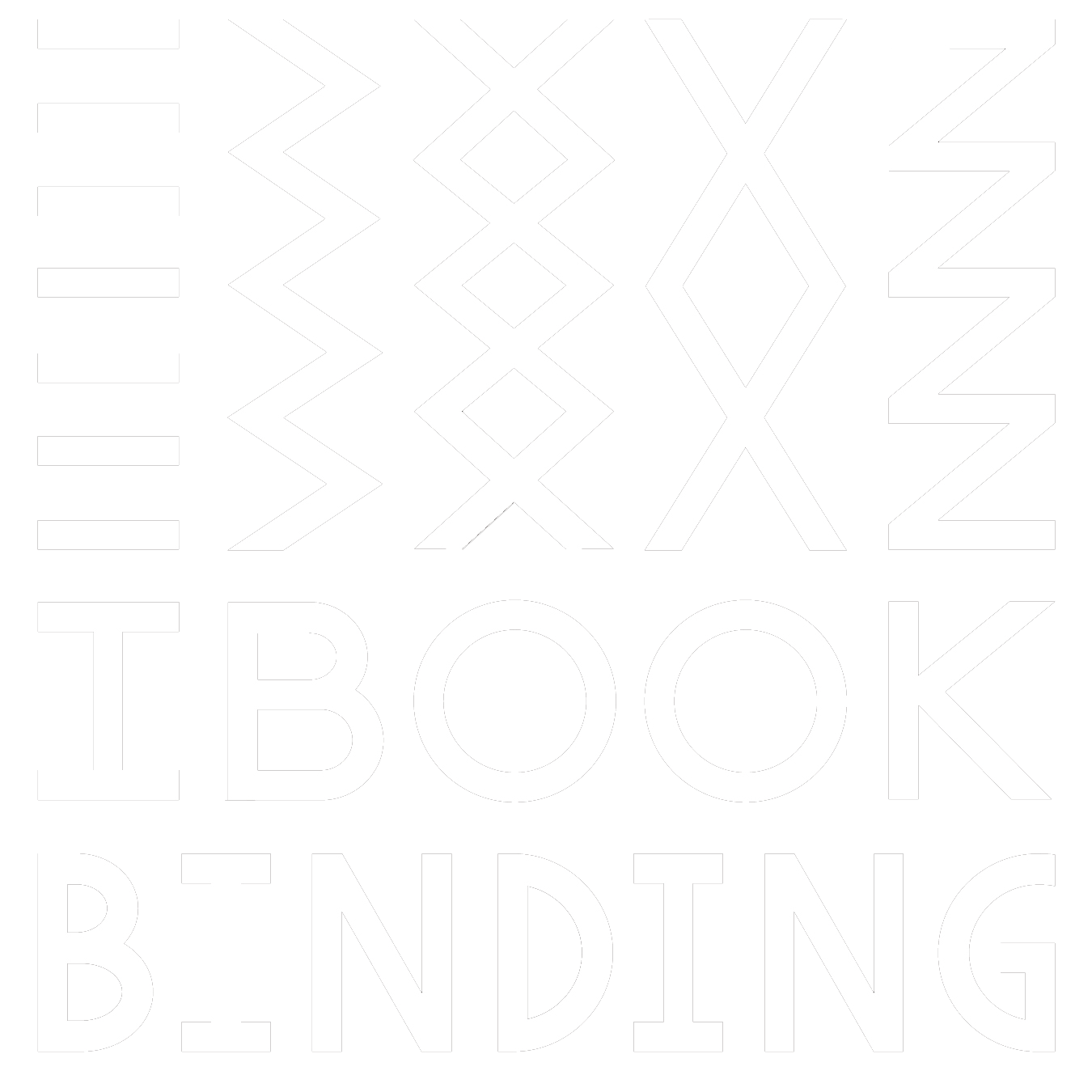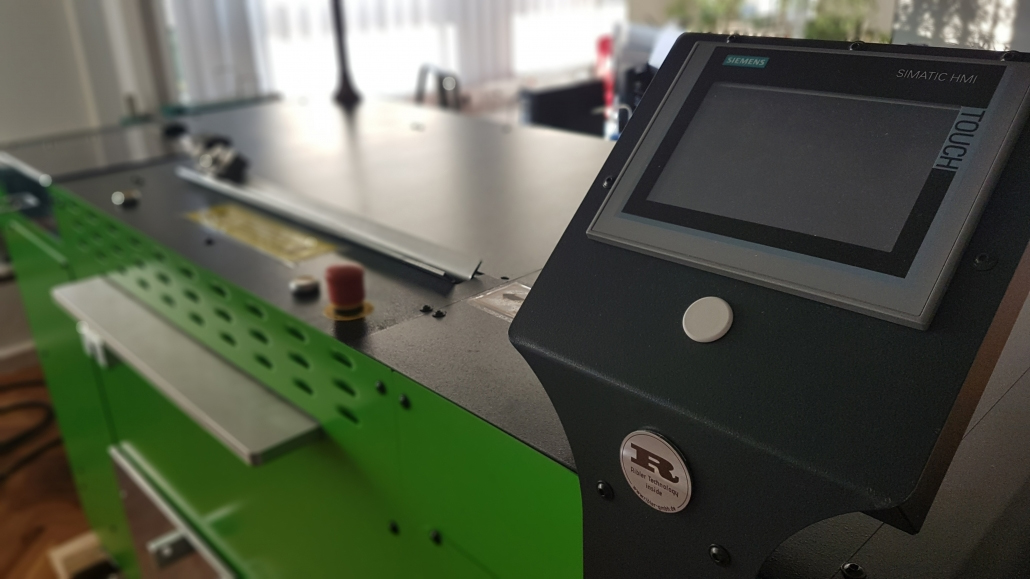New Innovations in Effective Cold Glue Bookbinding Techniques
Hotmelt glue and polyurethane (PUR) have been used in case binding books for decades. The hotmelt glue process consumes high amounts of energy and produces CO2 along with toxic and partly carcinogenic emissions.
EU funding enabled a project, by Ribler Technology, to bond paper at room temperature using cold glue technology. According to the initial report, the project reduced glue consumption by 80% and paper consumption by 5%.
EU funding enabled the project to conduct tests to further develop a prototype using computer-aided design.
Fiber separation
The Ribler process includes fiber separation, application of an activator, special cold glue nozzle application, and the addition of a special cover. Through careful fiber separation, a gluing surface up to 450% larger than a cut paper edge is achievable.
“If the adhesive strength needs to be adjusted, for special papers, the cold glue’s internal cohesion and elasticity can be manipulated quickly for unparalleled resistance and flexibility. No other manufacturer offers this advantage of coordinating machine and chemistry,” explains Georg von Massenbach, CEO of Ribler. “After the trials we completely redesigned the machine, focusing on speed, automation and ergonomics. We are confident that our original 100 books per hour can be doubled to 200 with our new ‘Model 200’.”
Ribler machines already on the market for bookbinders
These new innovations are exciting because of the impact they will have on the environment and workers’ health and processes, with decreased materials, waste, energy, and CO2.
Two Ribler machines are currently available on the market: the Model 50 (the smallest and manually operated) and the Ribler Notepadder (for note pads, forms, and tear-off calendar binding). The Model 200 for binding hardcover books will be the third project launched.
These machines are aimed at the whole sweep of bookbinders, from smaller manual bookbinders to larger industrial bookbinders.
Source: Cold glue bookbinding benefits people, profits and the planet
Please Support us on Patreon!

Moreover, starting with the pledge level of $3, you will get a digitized vintage book about bookbinding, book history, or book arts each month from us!
These pledges help iBookBinding to continue its work and bring more information about bookbinding and book arts to you!


